 Photo: From Red Terror to Terrorist State, courtesy of Gibson Square Books | Grant Harder
Photo: From Red Terror to Terrorist State, courtesy of Gibson Square Books | Grant Harder
Interrogating a KGB defector is difficult in an era when opponents of Vladimir Putin's regime regularly die under suspicious circumstances both at home and abroad.
This is all the more difficult if, like Vladimir Popov, the defector is about to publish a book detailing the infamous history of the KGB and its current successor, the FSB, worthy of a John Le Carré novel.
He agrees to give an interview only on the condition that I do not name the Canadian city in which he now lives. We meet at a place of his choice — the empty office of a friend whose address I received as soon as possible and which is located away from prying eyes. He will only be photographed against an unidentifiable background. He readily admits that he tested me before the meeting. Even then he brings his own bottle of water. If I had brought coffee with me, he adds, he would have refused to drink it.
Popov’s caution is quite understandable. He remembers all too well the painful and drawn-out death of Alexander Litvinenko, another outspoken FSB defector, poisoned by radioactive polonium Putin's agents spiked his tea in a London hotel in 2006.
He didn't know Litvinenko, but his death was still «very deeply emotional» for me, Popov says in broken, heavily accented English. “In my opinion, he made a big mistake. He kept in touch with former colleagues. This made him easy to kill. They knew where he was.»
But he also says it was Litvinenko's horrific death that finally convinced him to start speaking out. His “duty” was to expose how Putin and his former KGB colleagues seized control of Russia after the collapse of the Soviet Union in 1991 and turned it into a rogue state seeking to restore its old empire.
” thought that I would have to do this,” says Popov, a quiet, gray-haired 76-year-old who wears a leather jacket and an open-necked blue shirt. “Every day I am ready to be killed. I only worry about my family, not myself. If you are ready, then you are not afraid.”
 Popov says he is «not at all proud» of his 20 years of service in the KGB, but he doesn't feel ashamed either. Photo: From Red Terror to Terrorist State, courtesy of Gibson Square Books
Popov says he is «not at all proud» of his 20 years of service in the KGB, but he doesn't feel ashamed either. Photo: From Red Terror to Terrorist State, courtesy of Gibson Square Books
Popov was born in Moscow in 1947. my father lost his leg in the war, was unable to work and died young. His mother was a factory worker. He left school at 15, served three years in the Soviet Army, served in the former East Germany, and then studied law at night school while working in a factory during the day.
Towards the end of the course, he was recruited by the KGB. He resisted, but was told that he would be denied a diploma and that he would have no future unless he was “loyal to the Soviet Union.”
He entered service in 1972. His first job was delivering mail at Lubyanka, the KGB headquarters. Two years later, he tried to leave, but he was promoted to the 5th Directorate of the KGB and tasked with assessing whether scientists, military engineers and other Soviet citizens with confidential information should be allowed to travel abroad. From there he moved to the department of the 5th Directorate, which controlled and recruited writers, artists, composers, journalists and other cultural figures.
Three years before the 1980 Moscow Olympics, Popov was again promoted, this time to the department 5th Directorate, created to prevent any propaganda spreads before and during these Games. He helped recruit athletes, coaches, doctors and others to inform on suspicious colleagues. He traveled abroad with Soviet sports teams, trying to prevent defections — not always successfully.
Not a single Soviet participant failed a doping test during the Moscow Olympics because, he said, their urine samples were secretly swapped with those of «clean» officials. Not a single Western athlete failed the test either. “If only the Soviet [athletes] hadn’t been caught, obviously something was wrong and no one was caught,” he says.
He also claims that the KGB recruited Juan Antonio Samaranch and engineered the Spaniard's election as president of the International Olympic Committee in 1980 after he was caught smuggling historical artifacts from Russia and became subject to blackmail.
 Vladimir (second from right) at the 1984 Winter Olympics. Photo: From Red Terror to Terrorist State, courtesy of Gibson Square Books
Vladimir (second from right) at the 1984 Winter Olympics. Photo: From Red Terror to Terrorist State, courtesy of Gibson Square Books
Also in 1980, Popov married a woman he met in Moscow. He declined to give her name to protect her safety. They had a son. She was not a KGB officer and did not even know for a couple of years that her husband worked for the organization.
By the late 1980s, Popov had risen to the rank of lieutenant colonel, tasked with improving the image of the KGB through the media and propaganda, which was ironic since he was desperate to leave an organization he secretly hated. His repeated requests for resignation, he said, were ignored. “It’s easy to get in, but it’s very difficult to get out.”
Then, in August 1991, hardline communists staged a coup against reformist President Mikhail Gorbachev. Popov says the KGB hated Gorbachev and that most of its officers simply disappeared rather than help the beleaguered president. He took his chance. “I told my boss I didn’t agree with what was happening and I left.” He says his wife was «very happy.»
Popov says he is “not at all proud” of his 20s. years of service in the KGB, but he doesn’t feel any shame. “When I was a KGB officer, I didn’t do anything bad to people,” he claims.
Although he and Putin joined the KGB three years apart, they never met. «I haven't heard anything about him, absolutely nothing, like a lot of people,» he says, suggesting that Putin was a nobody at the time.
After leaving, Popov opened a business importing gloves, shoes and other goods that disappeared from stores during the subsequent collapse of the Soviet Union, but his former KGB colleagues did not forgive him for his defection. “They called me a traitor,” he says.
He claims that several times they tried to intimidate or kill him. He was attacked with a knife while he was parking his car. He was pushed down a subway escalator. He was shot while driving. He fled, and the gunmen shot his nephew through the opaque window of Popov’s mother’s apartment, believing it was him. The nephew survived, but his friend died. “They hate me, and I hate them,” he says of his former KGB colleagues.
He realized that he needed to leave Russia. The US denied him a visa, so in 1995 he traveled to Canada, a country he had visited and admired while accompanying Soviet sports teams. He admitted to his past and offered to cooperate with the Canadian Security Intelligence Service.
He lived alone for two years, working the night shift at a bakery and delivering pizza. Returning to Moscow, his wife was brutally attacked and unknown assailants tried to grab his 12-year-old son as he played near their apartment. Finally, in 1997, Popov was granted refugee status and his family was allowed to join him, although they found the transition difficult. For several years they missed Moscow and Russia, and this was a source of some tension in the family. «To be honest, it wasn't easy,» he says.
He became a taxi driver and watched from afar as Putin in Moscow consolidated his power and turned post-Soviet Russia back into a police force. state, destroying its opponents one by one.
Boris Nemtsov, Alexei Navalny, Boris Berezovsky, Anna Politkovskaya, Sergei Skripal, Zelimkhan Khangoshvili, Mikhail Lesin, Yevgeny Prigozhin — a list of Putin’s enemies who were killed, died during mysterious circumstances or barely survived assassination attempts, we can go on and on.
Litvinenko was poisoned in November 2006, shortly after writing a book with Yuri Felshtinsky, a Russian-American historian from Massachusetts, called Exploding Russia: The Secret Plot to Bring Back KGB Terror. The book alleged that in the late 1990s, intelligence services fabricated terrorist attacks in Moscow to justify the start of the war in Chechnya, which would bring Putin the presidency in 2000.
Eight months later, Popov wrote to Felshtinsky, offering his inside information . knowledge that will help fight the FSB.
“What is happening in Russia has become a constant source of anxiety for me,” he wrote. “Over the years of service, I have become completely disillusioned with the ideals that state security is designed to serve – my country and my people. The longer I served, the more clearly I saw that the KGB, one of the most important institutions of power, was again acquiring the dark features of a repressive rather than a protective organization, as it was in the 1930s, a period of brutal repression in the history of our country. /p>  “Russia will always be the same, always” Photo: Grant Harder
“Russia will always be the same, always” Photo: Grant Harder
The first results of Popov’s collaboration with Felshtinsky were the books “The Age of Assassins: The Rise and Rise of Vladimir Putin” and “The Corporation: Russia and the KGB in the Era of President Putin,” written together with Russian political scientist Vladimir Pribylovsky.
Popov's name was omitted from both books to protect his elderly mother and sister, who still lived in Moscow. It was a smart move. Pribylovsky was later found dead in his Moscow apartment. He was 59 years old. A Russian newspaper reported that he was «seriously ill with diabetes.» Popov believes that Putin's regime killed him. “In my opinion, it looks like it,” he tells me.
Popov’s mother and sister have since died (of natural causes). To my surprise, the former KGB officer cries as he tells me how he was unable to return to Russia for their funeral, and he takes a minute to compose himself before resuming the interview.
Over time, Popov became bolder. His next book with Felshtinsky was The KGB Plays Chess, and this time his name appeared on the cover, even though he knew it would make him a target.
He was already leading a scary, limited existence. Before entering the elevator in his apartment building, he makes sure he is not being followed. He regularly checks his car for explosives. He does not speak to other exiled Russian dissidents for fear of being tracked down. For the same reason, he refuses to communicate with Russian journalists, even online.
“My wife completely disagreed [with me putting my name on the book],” he says. “Even today she shows some concern. She was always concerned about the safety of our family.”
This book revealed, among other things, the KGB's efforts to recruit Soviet chess grandmasters and the incredible efforts required to ensure that one of them, Anatoly Karpov, beat the dissident Garry Kasparov in the final of the 1984 World Chess Championship in Moscow . Popov says the KGB bugged Kasparov's rooms to hear how he and his team were planning tactics and to pass them on to Karpov.
The book «The KGB Plays Chess» was published in Russia in 2009; According to Popov, the FSB bought all the copies and destroyed them.
 Popov (left) traveled abroad with Soviet sports teams to try to prevent defections—not always successfully. Photo: From Red Terror to Terrorist State, courtesy of Gibson Square Books
Popov (left) traveled abroad with Soviet sports teams to try to prevent defections—not always successfully. Photo: From Red Terror to Terrorist State, courtesy of Gibson Square Books
The new book, From Red Terror to Terrorist State, may be the culmination of Felshtinsky's collaboration with Popov, detailing the history of Russian intelligence from its creation by Felix Dzerzhinsky after the revolution 1917 to the present day. It is already banned in Russia.
It most pertinently explains how the KGB and FSB manipulated events after the collapse of the Soviet Union to ensure that one of them, Putin, succeeded Boris Yeltsin as president, and how they have since consolidated their power over all parts of the Russian state, crushing everything moving towards democracy. Coincidentally, a week before my interview with Popov, a new monument to Dzerzhinsky was erected near Lubyanka to replace the one demolished in those turbulent days after Yeltsin repelled the 1991 coup attempt.
The book goes on to argue that Putin, who once called the collapse of the Soviet empire “the greatest geopolitical catastrophe of the [20th] century,” is determined to restore much of that empire and create a new “Russian world” (“Russian world”). Its tools are military aggression (hence the war in Ukraine) combined with propaganda, election interference and the involvement of foreign politicians to weaken the West and divide NATO and the European Union.
Popov is no more. is in contact with all of his former KGB colleagues and is extremely careful about who he speaks to in his homeland, but continues to follow events there very closely through online news sources. He notes that the war in Ukraine is going badly for Putin, but is not optimistic about the future.
He rejects the possibility of the Russian people rising up against Putin because, according to him, the Kremlin propaganda machine and instruments of repression are too powerful .
He believes there is a chance that the FSB itself could oust Putin and then blame him for mishandling the war, but he fears that Putin will simply be replaced by someone equally bad or worse. He names Nikolai Patrushev, the former head of the FSB and the hardline head of the Russian Security Council, as a possible successor.
He also believes that the West fundamentally misunderstands the nature of Russia's current leadership and its determination to continue the war at any cost. He may use nuclear weapons as a last resort because «these are crazy people,» he says. She will never accept defeat because “the Russian mentality is “empire, empire.” [It should be] a big country, a strong country. Everyone in other countries must be afraid of Russia… it's deeply embedded in their mentality. Russia will always be the same, always.»
 Popov does not talk to other exiled Russian dissidents or even Russian journalists, fearing that he will be tracked down. Photo: Grant Harder
Popov does not talk to other exiled Russian dissidents or even Russian journalists, fearing that he will be tracked down. Photo: Grant Harder
In the meantime, Popov will continue to live in Canada, which he calls «limbo.» Unlike his wife, he has never had the desire to return home and believes that if he did, he would be imprisoned or killed. “Now I completely hate Russia,” he says. He still has nightmares about ending up there again, and he doesn't speak Russian at home.
He says he is happy in Canada. He works for a small business, the name or nature of which he cannot disclose.
His son, now 41, married a French-Canadian and works as an executive in the construction industry. He has two little granddaughters, and he proudly shows me a photo of one of them on his cell phone.
But while his wife and son received Canadian passports in 2005, his own application for citizenship was rejected because of his KGB background. He cannot leave the country. Every six months he must apply for a new work permit. He says the only official document he owns is his driver's license.
Moreover, the price of his courage, or what he calls his «mission,» is eternal vigilance.
Our interview is over. , Popov poses for photographs, shakes hands, and then walks off down an ordinary street in a peaceful city in a Western democracy several thousand miles from Moscow.
It seems incredible that he could be a target here, but he knows full well that he is going to provoke Putin once again. He also knows that the influence of his former KGB colleagues is very, very strong. “I understand that this is dangerous, but I want people to know the truth about the Putin regime.”
From Red Terror to Terrorist State: Russian Intelligence Services and Their Struggle for World Domination from Felix Dzerzhinsky to Vladimir Putin, Yuri Felshtinsky and Vladimir Popov, out October 19 (Gibson Square, £25); pre-order at books.telegraph.co.uk




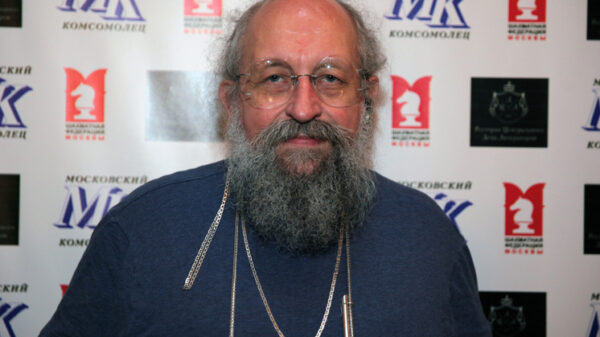




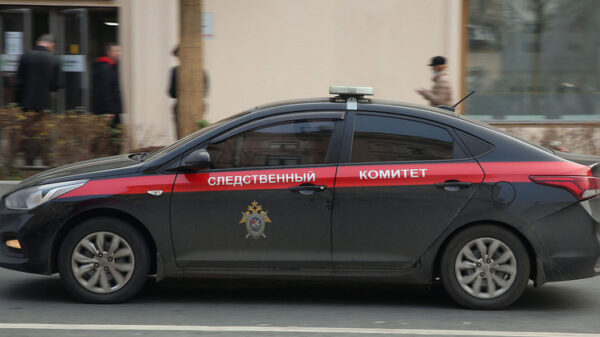

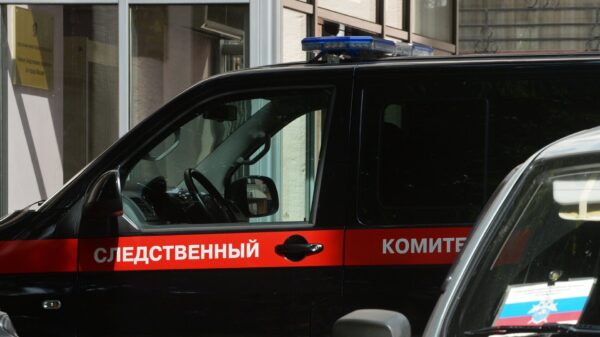



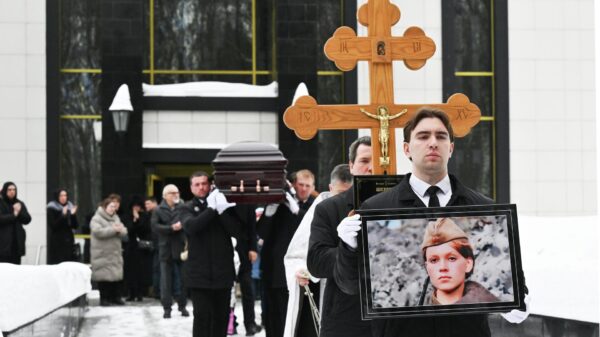



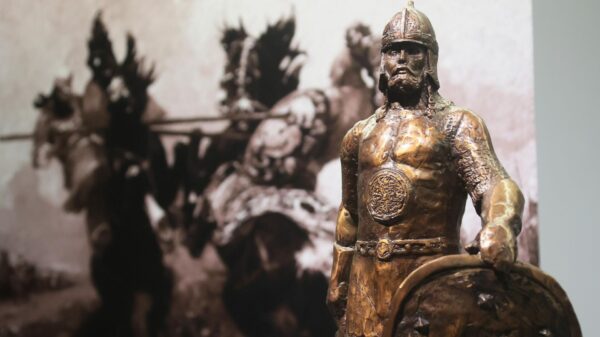

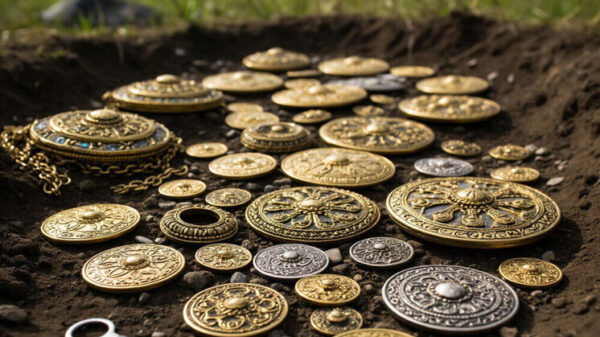







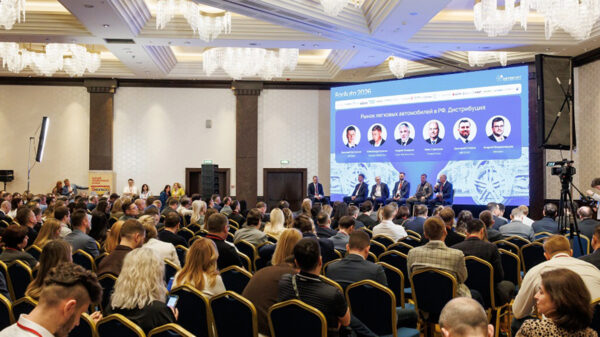























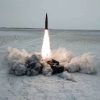




Свежие комментарии